Although partners, Apple and Samsung have had rigorous legal battles. One of the most significant legal battles lasted seven years when Apple accused Samsung of copying the iPhone.
Despite the 2018 settlement, Apple is still annoyed at Samsung for allegedly copying the iPhone, as revealed by Apple's current Marketing head, Greg Joswiak. Why does Apple think Samsung copied the iPhone? Have they not copied Samsung before, and should the tech giant still be annoyed?
Apple vs. Samsung: The Legal Battles
Samsung and Apple have had two serious legal battles. The most remarkable is the one where Apple accused Samsung of blatantly copying the iPhone in 2011.
In that lawsuit, the company said that Samsung chose to "slavishly" copy its "innovative technology, distinctive user interfaces, and elegant and distinctive product and packaging design," violating its intellectual property rights instead of "pursuing independent product development," as reported by The Verge.
The lawsuit pointed out several things that Samsung allegedly copied from the hardware (like the rectangular shape with uniform rounded corners, black face, silver edges, etc.) to the software (like the look and number of icons on display), which touched several Samsung smartphones and a tablet. Nonetheless, the critical area of the contest was Samsung allegedly copying Apple's iPhone 3GS.
Although Samsung would later countersue, claiming that Apple infringed some of its mobile communications technology patents in different countries, including the US, the legal battles raged for several years.
The case would initially result in a $1 billion ruling in favor of Apple in 2012. Still, there were back and forths over the amount Samsung should pay for infringing some of Apple's design and utility patents. That amount dwindled to $539 million, according to a May 2018 ruling. At this point, Samsung only wanted to pay $28 million, while Apple sought a $1 billion payout.
However, things took a radical turn in June 2018 when Apple and Samsung quietly settled the matter out of court, as reported by The Verge. Both kept their mouths shut about the terms of the agreement, probably as a part of the deal.
However, despite the quiet settlement, Apple retained its stance that Samsung copied the iPhone, as pointed out in a statement issued by the company after the peaceful settlement—identical to the one issued after the May ruling.
"Apple ignited the smartphone revolution with iPhone, and it is a fact that Samsung blatantly copied our design. We're grateful to the jury for their service and pleased they agree that Samsung should pay for copying our products," the company said in a statement via The New York Times.
Another notorious trial was Apple's claim that Samsung copied other patents exclusively related to iOS features, like Slide to Unlock, autocorrect, and quick links, in 2012. Samsung was found guilty and, as a result, was forced to pay $120 million to Apple in 2017, putting an end to the five-year legal tussle.
Unfortunately for Apple, $120 million was less than 10% of the $2 billion it was hoping for. Both cases clearly showed that Samsung was found guilty of copying Apple—that's why it had to pay.
Should Apple Still Be Annoyed at Samsung?
Years later, Apple still maintains the same opinion as revealed by Greg Joswiak's remarks during an interview with The Wall Street Journal while celebrating 15 years of the iPhone. He termed the rise of large-screen Android smartphones spearheaded by Samsung "annoying."
"They were annoying because, as you know, they ripped off our technology," Joswiak said. Ouch. However, with the matters settled, it's not valid for Apple to still be mad at Samsung.
The only reason behind Apple's rage, years later, is probably because the company never felt content with how the issue was resolved—in terms of monetary compensation or otherwise. Remember, Apple was seeking total compensation of $3 billion from both US trials.
You have to give credit to Samsung, though, as they walked out of the settlement and have kept mum since save for the usual Samsung jibes at Apple. So, hey, Apple, perhaps it's time to move on.
Has Apple Ever Copied Samsung?
Despite its harsh remarks, you'll be surprised to hear that Apple is not so innocent. Apple has also copied Samsung in the past. According to Wired, a South Korean court found that both Samsung and Apple had infringed upon each other's patents in a 2012 ruling.
Apple was found guilty of violating two of Samsung's wireless patents. At the same time, Samsung infringed on one of Apple's utility patents (the "bounce-back" effect and Slide to Unlock features in iOS).
In that ruling, the jury denied claims of Samsung copying the iPhone. Included in the verdict, the court temporarily halted sales of infringing devices from both Samsung and Apple in the country, including Samsung's Galaxy Nexus, Galaxy S II, Galaxy Tab, and Galaxy Tab 10.1, and Apple's iPhone 4 and iPad 2.
Copying Is Illegal, Taking Inspiration Is Not
Ripping someone else's design or features is illegal, but it's hard to create anything in the modern world without taking inspiration from somewhere. It's no secret that the original iPhone was revolutionary, and it's just one of the amazing Apple innovations of the 21st century.
The iPhone's success also had its downsides for Apple, as it inspired the competition to try and do the same. No wonder Apple also sued other Android manufacturers, including Nokia, Motorola, and HTC. Truth be told, it's hard to ignore what makes the competition tick if you're competing in the same industry.
For example, high refresh rate displays were a phenomenon on Android smartphones, and it was only time before Apple followed suit. In 2022, Apple added a host of new features to the iPhone 14 Pro that Android introduced.
The Cupertino-based tech giant has also taken inspiration from Samsung and other Android manufacturers to add a large screen option to the iPhone lineup, starting with the iPhone 6 series in 2014 by launching a bigger 5.5-inch iPhone 6 Plus on top of the 4.7-inch iPhone 6. Years later, a 6.7-inch iPhone has become the norm.
With time, it has become clear that smartphones are looking more of the same with few subtleties to distinguish one device from another (or, in other words, "boring") due to the industry's maturation.
Despite the constant patent fights at the onset, it's clear that smartphones were to, eventually, have more similarities than differences—it's how innovation works. Just look at other mature industries, for example. So, don't be surprised when you see social media platforms becoming identical.
Copying Can Be Good and Bad for the Industry
For companies, copying can be good as it can help them align with the hottest trends on the market. However, it may stifle innovation as companies focus on jumping on the new shiny thing instead of pursuing independent development.
As a consumer, you will see less distinction between products or services, which is a bummer since the hot new trend can't be suitable for everyone. Industry-wide, copying can help give products more visibility and even set the foundation for further innovation.

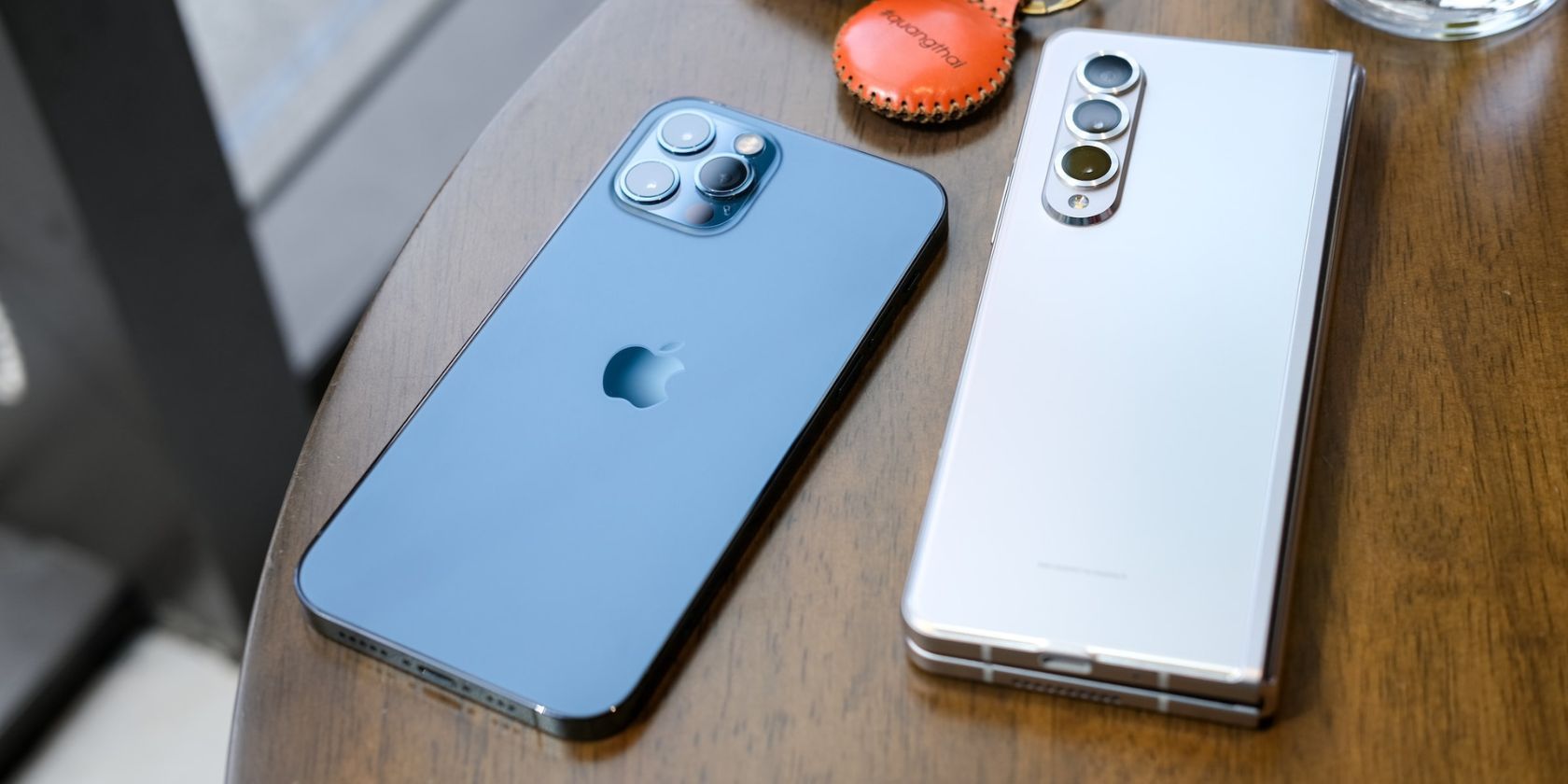
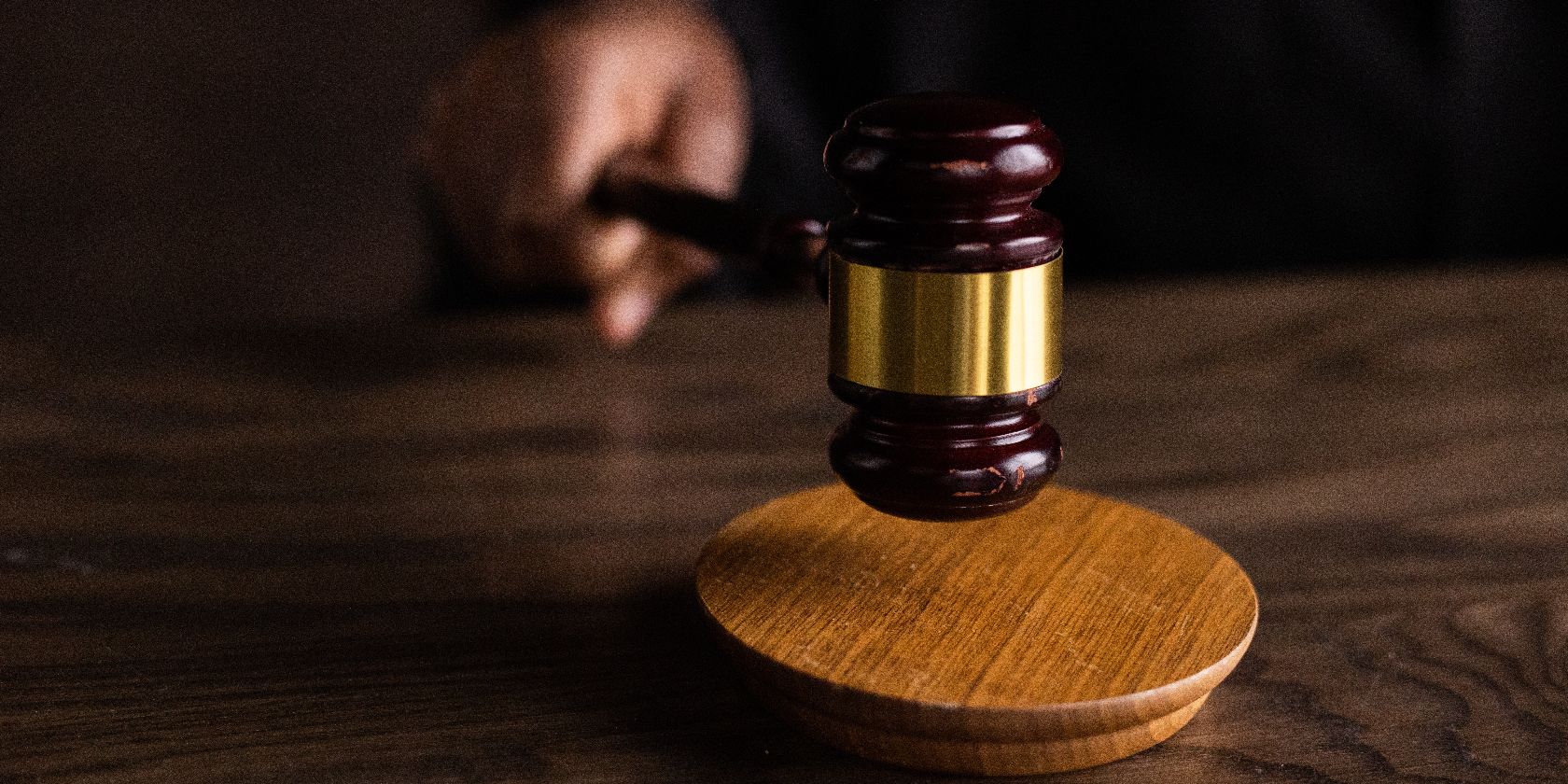
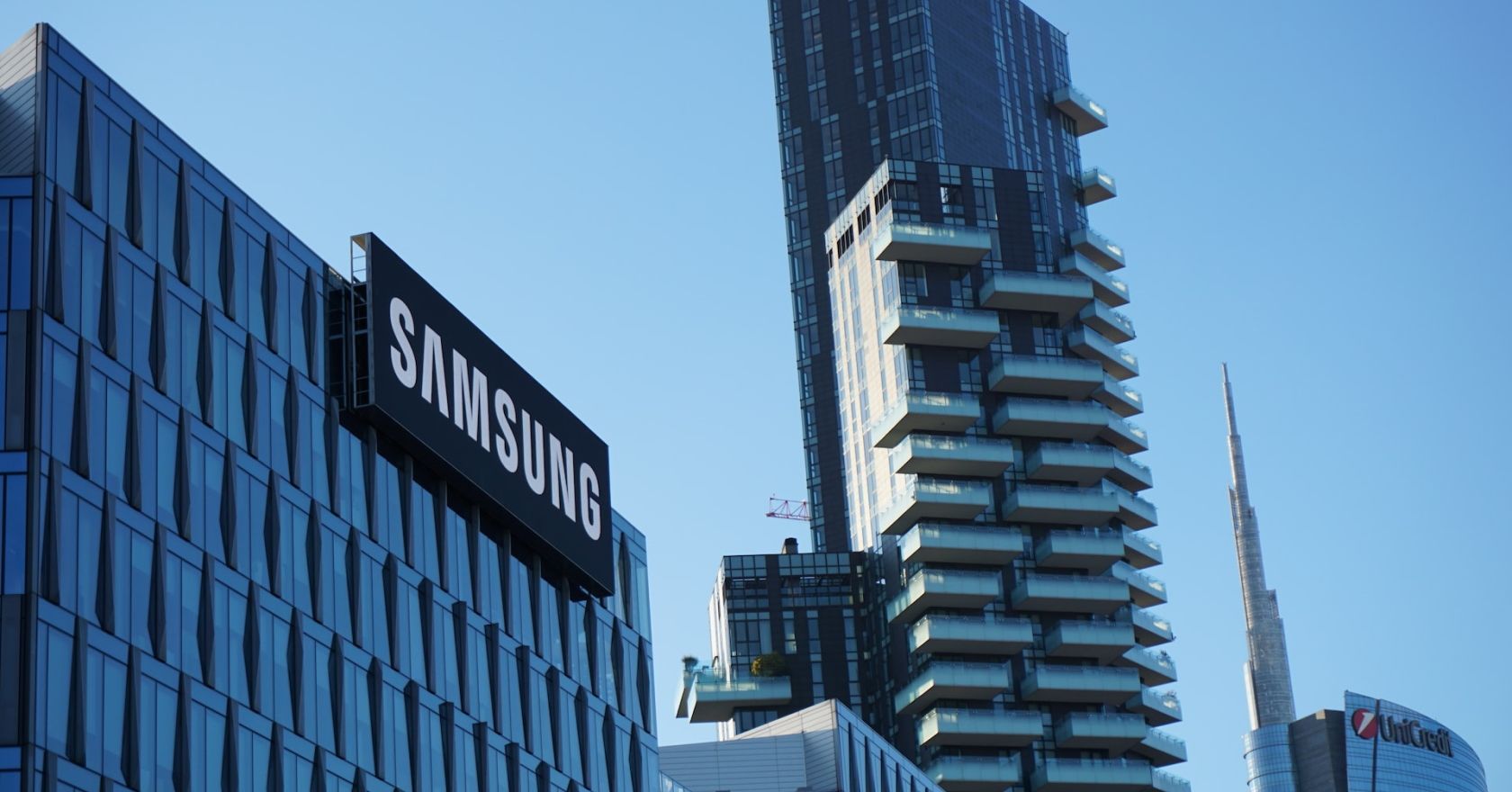
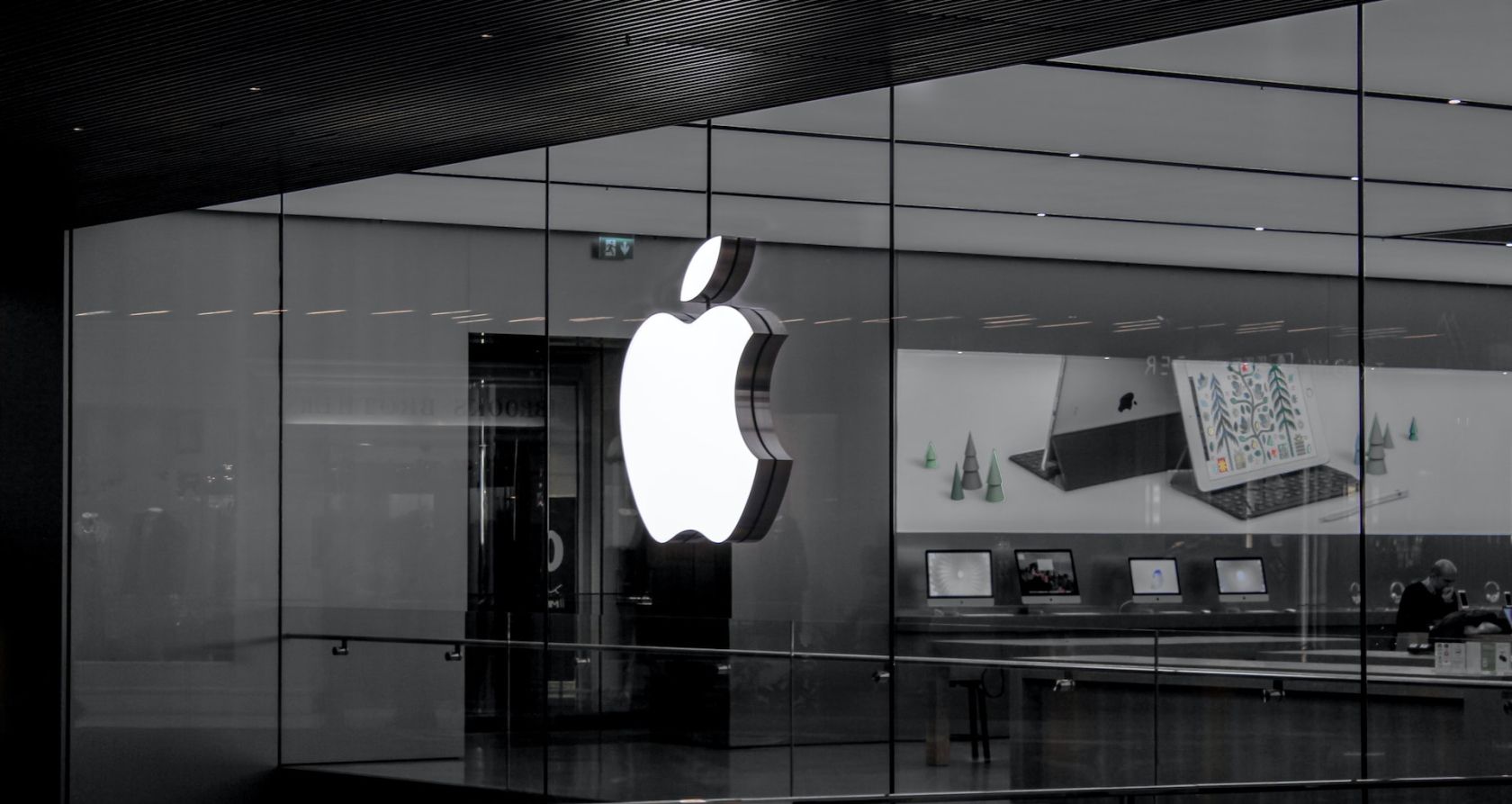
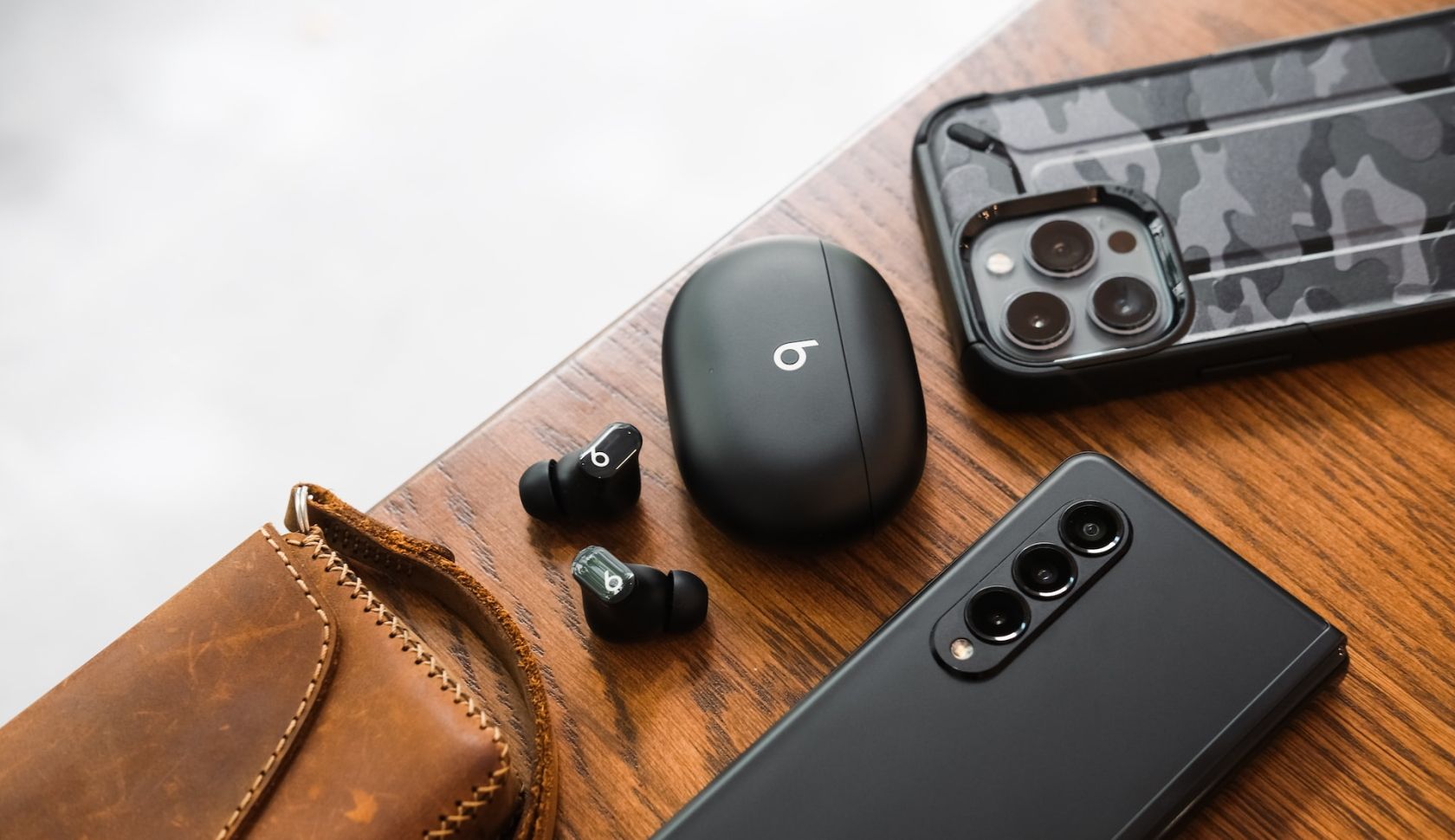

-vs-iPhone-SE-3-featured-image.jpg)